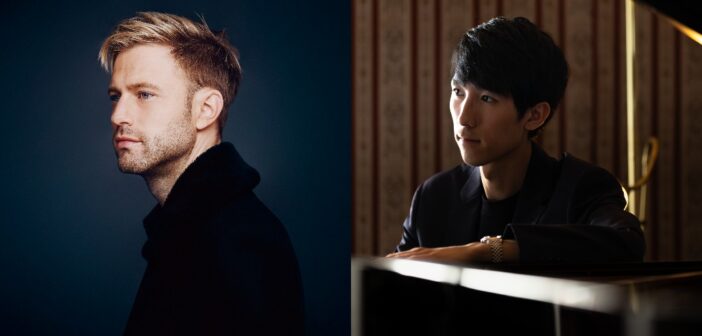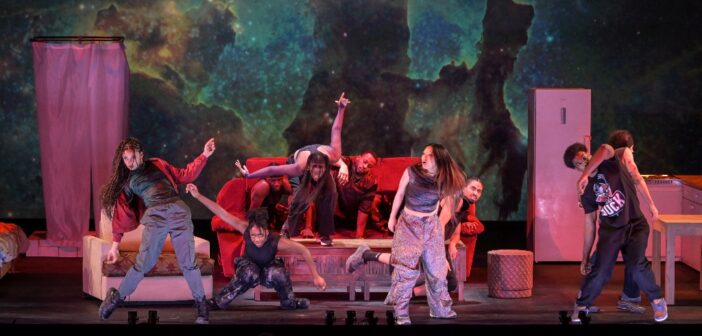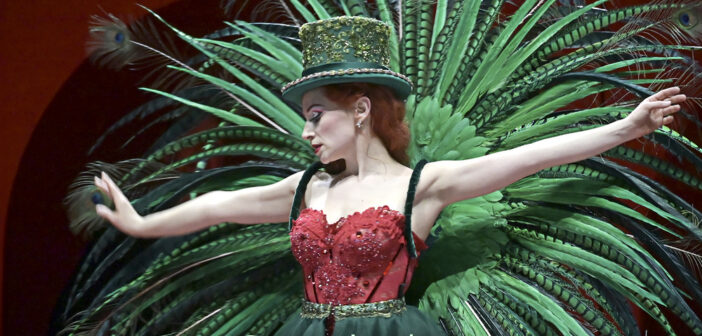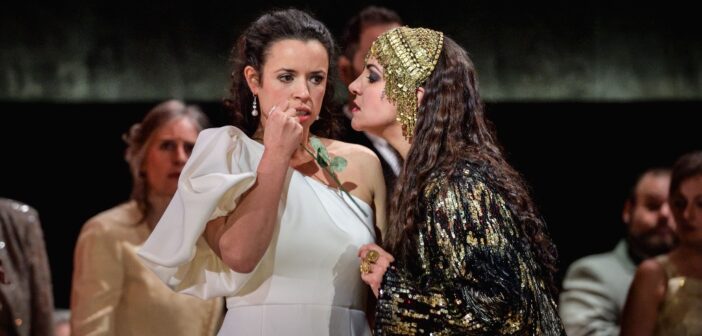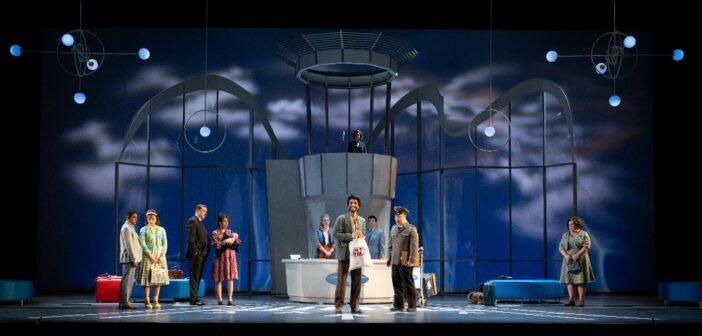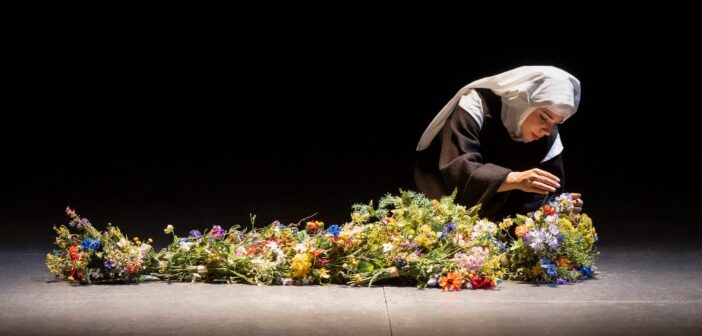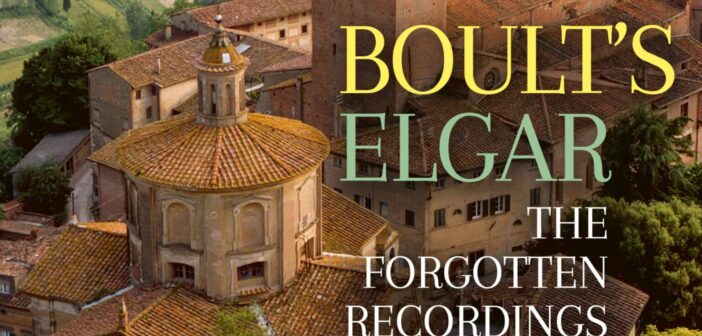La Scena Online is the digital magazine of La Scene Musicale.Contents: News, Concert reviews, CD reviews, Interviews, Obituaries, etc; Editor: Wah Keung Chan; Assistant Editor: Andreanne Venne
ISSN: 1206-9973
For Valentine’s Day, Les Violons du Roy presented a program full of pathos at Montreal’s Bourgie Hall. On the program were iconic excerpts from J.S Bach’s religious choral works, as well as the rip-roaring premiere of Found in Lostness, a piece for solo violin and string orchestra by Canadian composer Kelly-Marie Murphy. Bach and Murphy couldn’t be more different; the disparateness of their music was tied together with two Mendelssohn pieces. Mendelssohn’s earliest piece, the Symphonia for Strings composed when he was 14 years old, started off the concert. His last complete work, String Quartet no. 6 in F minor,…



